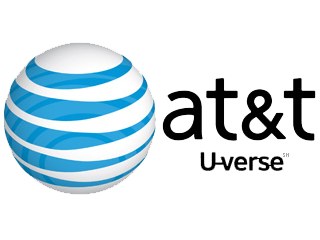The problem shows up during the second connection, after being connected successfully once. The VZAccess Manager app either doesn't recognize the modem, or it won't connect. Unplugging and reinserting the modem doesn't help. Nor does unplugging the modem, shutting down VZAccess Manager, and then launching VZAccess Manager and reinserting the modem.
The trick to resolving is in the process table, what OSX calls "Activity Monitor" Steps to resolve:
- Unplug the modem
- Shut down VZAccess Manager
- Open the Activity Monitor
- Look for the process "vzwwirelessd"
- Double-click on the process, click "Quit", then click "Force Quit"
- Launch VZAccess Manager
- Insert the modem
Apparently the Verizon daemon is unstable and needs to be kill -9'd before it can work again. It's a fiddly and annoying fix, but it works.
Update 1-Dec-2014: OSX Yosemite breaks VZAccess Manager so it doesn't work with the UML290 at all. No word on when (or if) Verizon will release an update to VZAM that resolves this issue.
Update 1-Dec-2014: OSX Yosemite breaks VZAccess Manager so it doesn't work with the UML290 at all. No word on when (or if) Verizon will release an update to VZAM that resolves this issue.



